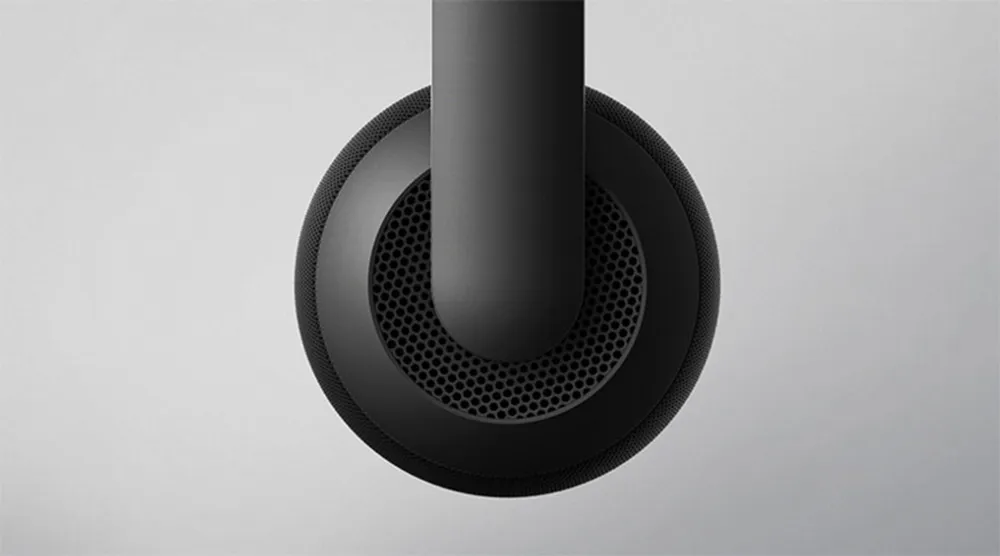Oculus moved its Audio software development kit out of beta, giving “mobile and PC VR developers a free set of powerful tools to provide 3D audio with their games and applications.” The move is another sign Oculus is close to finalizing the first version of its consumer platform for both wired and mobile VR.
Sound is an extremely important part of a VR experience and adds a multiplying effect to the believability of a virtual world. If you are wearing headphones and chatting with another person in VR, for example, and that person is represented as an avatar on your left while your head is turned to the right, the audio should be more pronounced in your left ear — the one facing the other avatar — exactly as it would be in the real world. If you turned to look directly at that virtual person you would hear their voice evenly in both ears. That’s the kind of thing the Audio SDK is meant to make easier for developers to include in their virtual worlds.
From the Oculus developers blog:
“The Audio SDK accurately reproduces the cues we instinctively use to track the location of sound sources in space by simulating the effect that a listener’s environment and body have on sounds…The Audio SDK supports a large number of sound sources, strong directional cues, early reflections, and late reverberations. It supports spatialization and environment modeling with the upcoming Oculus Rift, Oculus DK2, and Samsung Gear VR.
Oculus is integrating with audio plugins for the Unity and Unreal engines, which are the two main toolsets developers are using to create virtual worlds. Facebook’s VR company is also releasing a package of more than 500 sound effects for developers to use in apps.
Developers should check out V1.0.1 of the Audio SDK on the Oculus downloads page or read up on the documentation that introduces people to VR audio concepts within Oculus-powered products.


























